The Episcopal Church in the US is “mired in a ‘system of denial and helplessness’ over alcohol abuse” according to this report.
I must admit, I have considerable sympathy for the clerical alcoholics in TEC. After all, to be employed to believe something while secretly disbelieving it, to have to keep your fingers crossed behind your back while reciting the creed every week, to maintain the farcical illusion that your career is a vocation is going take its toll eventually. It’s enough to drive anyone to drink.
The Anglican Church in the US remains mired in a ‘system of denial and helplessness’ over alcohol abuse among its senior clergy, a damning commission has concluded.
It found the Church had done little to tackle the issue after a Baltimore cyclist was killed in a hit-and-run incident by the former bishop in the Maryland diocese, Heather Cook, who was drunk-driving.
Cook was jailed for 10 years in 2015 after she pleaded guilty to the manslaughter of Tom Palermo, 41. She was found to have three times the legal blood-alcohol limit.
But a report, commissioned by The Episcopal Church’s bishops, examined a number of case studies and in almost every case found ‘the ecclesial structure and polity of our church proved to contribute negatively to the situation’.
‘Clericalism, a misunderstanding of hierarchy, the canonical autonomy of parishes and dioceses, and a polity that hinders the enforcement of expectations all contributed to inactivity by responsible persons and bodies,’ the report, published this week, said.
‘The commission has discovered that in many instances, church polity has impeded the ability of the church to intervene, assess and treat impaired people and care for the injured community.’
he commission exposed a fear of exposure to liability, friendships between church officials, the autonomy of dioceses and a ‘culture of forgiveness’ as reasons for why there was a failure to address alcohol abuse among clergy.
The Cook case rocked TEC to the core after it emerged she had previously been arrested for drunk driving and the bishop of Maryland, Eugene Taylor Sutton, admitted he thought Cook was drunk at a dinner two days before her consecration as bishop.
Following the case the Church’s House of Bishops condemned its ‘longstanding tolerance for the use of alcohol’ that, it said, ‘contributed to its misuse and has undermined a climate of wholeness and holiness for all’.
The report criticised the Church’s failure to hold a central database to record the employment history and disciplinary profiles of clergy saying it has ‘no capacity for verification’.
It said: ‘There is no clarity about who should see background checks or read the self-report questionnaires. Once again, people who are not qualified to analyze the data are often in a position of making process and outcome determinations.’
However it added systems would not create ‘the great culture shift’ needed in the Church.


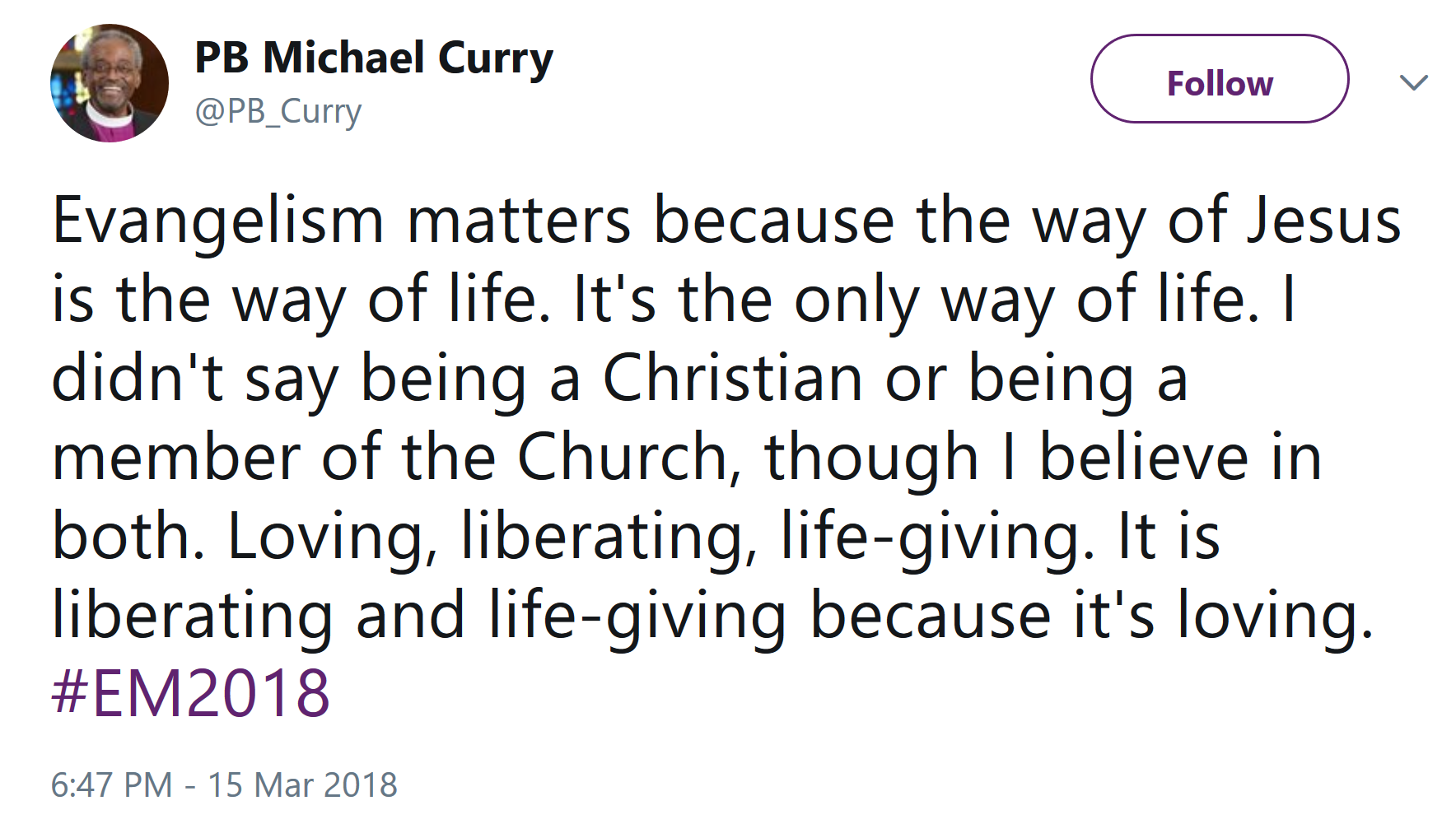
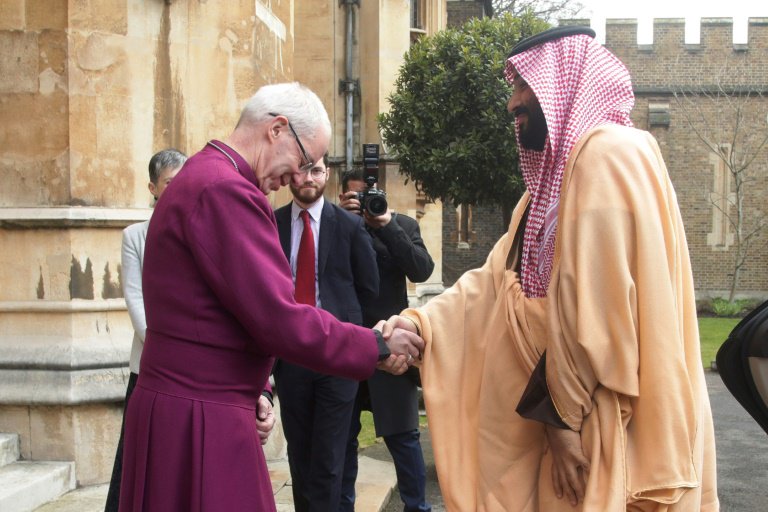
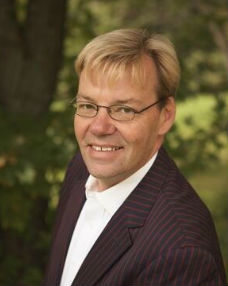 Noel Edison is the
Noel Edison is the 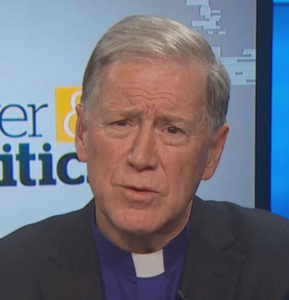 From
From 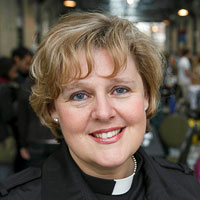 The Reverend Canon Susan Bell, a pioneering priest and former school chaplain, has been elected to serve as the next bishop of the Anglican Diocese of Niagara. Born and raised in Hamilton, she will be the first woman to serve as diocesan bishop since the diocese was founded in 1875.
The Reverend Canon Susan Bell, a pioneering priest and former school chaplain, has been elected to serve as the next bishop of the Anglican Diocese of Niagara. Born and raised in Hamilton, she will be the first woman to serve as diocesan bishop since the diocese was founded in 1875.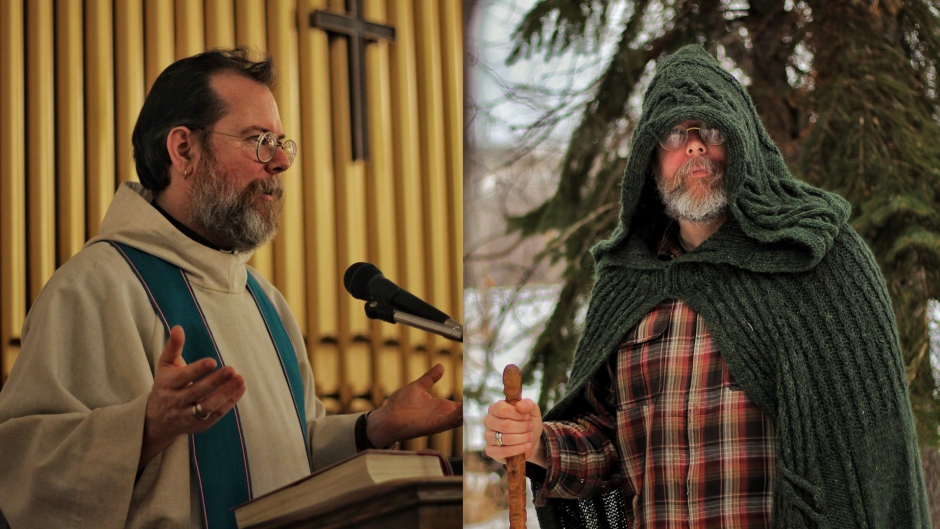
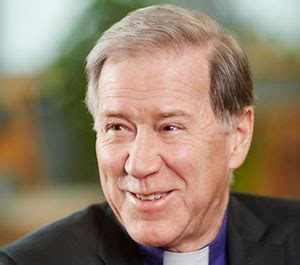 What is remarkably notable in the aftermath of this recent shooting in Florida is the tremendous resilience of the young people in standing up and speaking out with grave concern for the gun violence that is tearing apart families and communities. While some people note that many of the shooters have serious mental health issues or have links with terrorist groups, and that needs to be acknowledged, many others are asking deeper questions about “the gun culture” across the United States. Some question an all-or-nothing approach to the Second Amendment in an age of automatic weapons. Some question why many Americans so vehemently defend that right. Some question the measures around gun control and the extent to which they can be enforced. Some question access to semi-automatic weapons that can fire dozens of rounds within seconds.
What is remarkably notable in the aftermath of this recent shooting in Florida is the tremendous resilience of the young people in standing up and speaking out with grave concern for the gun violence that is tearing apart families and communities. While some people note that many of the shooters have serious mental health issues or have links with terrorist groups, and that needs to be acknowledged, many others are asking deeper questions about “the gun culture” across the United States. Some question an all-or-nothing approach to the Second Amendment in an age of automatic weapons. Some question why many Americans so vehemently defend that right. Some question the measures around gun control and the extent to which they can be enforced. Some question access to semi-automatic weapons that can fire dozens of rounds within seconds. In Hamilton, the Anglican Church is especially eager to capitalize on capitalist culture. It recently invested in a major renovation at Church of the Ascension, relocating the kitchen, offices and hall to the church proper, so it could sever or lease the rest of the 160-year-old Forest Avenue building. Ten blocks away, at Christ’s Church Cathedral on James North, plans for a new development are also under way.
In Hamilton, the Anglican Church is especially eager to capitalize on capitalist culture. It recently invested in a major renovation at Church of the Ascension, relocating the kitchen, offices and hall to the church proper, so it could sever or lease the rest of the 160-year-old Forest Avenue building. Ten blocks away, at Christ’s Church Cathedral on James North, plans for a new development are also under way.